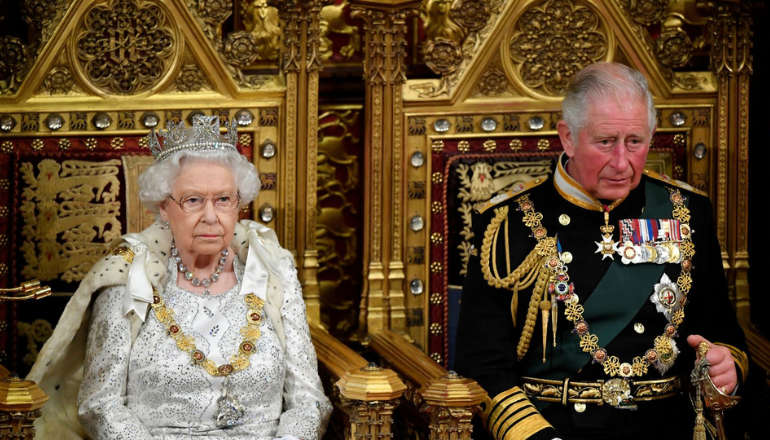
King Charles III will address the nation as monarch for the first time this evening (Friday).
Following the death of Queen Elizabeth II after her incredible 70-year reign, her son Charles will be crowned King Charles III.
Here we take a look in detail at the new King and how his reign could unfold.
Keeping the same name
Could the new King have chosen a different name? If we look to the British monarchy's long history the answer is yes, if he wanted to.
The history of the names of British kings and queens is a tale of Williams, Georges, Henrys and Edwards, with a couple of Elizabeths and Marys as well.
Queen Victoria was originally christened Alexandrina Victoria, but chose a different regnal name — the title used by monarchs and popes during their reigns.
The practice was continued by her son, born Prince Albert Edward, who took up the mantle of King Edward VII upon his accession to the throne in 1901.
In more recent times, Prince Albert, Duke of York took on the name King George VI in 1936 following the abdication crisis.
The Prince of Wales' full name - Charles Philip Arthur George - did present some alternatives if he had wished to be known by a different regnal name, however.
Meanwhile, William and Kate's Twitter account @KensingtonRoyal now refers to the couple as The Duke and Duchess of Cornwall and Cambridge.
Statement from the new king
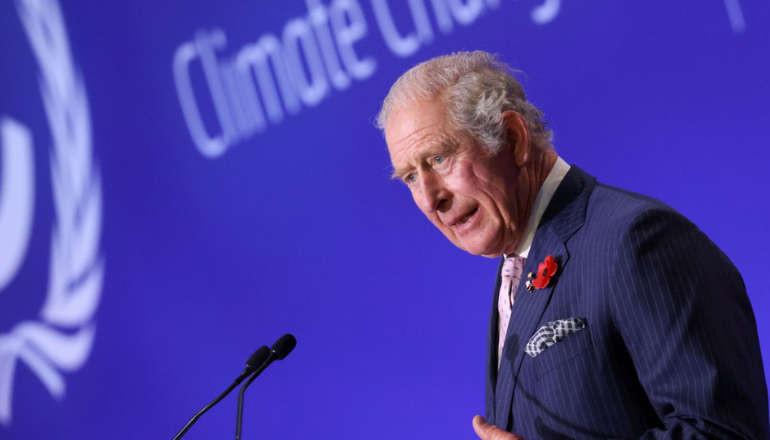
Sky News (c)
King Charles III has released a statement following his mother's death.
The King's statement says:
"The death of my beloved mother, Her Majesty The Queen, is a moment of greatest sadness for me and all members of my family.
"We mourn profoundly the passing of a cherished Sovereign and a much-loved mother.
"I know her loss will be deeply felt throughout the country, the Realms and the Commonwealth, and by countless people around the world.
"During this period of mourning and change, my family and I will be comforted and sustained by our knowledge of the respect and deep affection in which The Queen was so widely held."
Charles and his siblings had all travelled to be with her at Balmoral in Scotland, before her death was announced early on Thursday evening.
Will Charles bring a different type of reign?
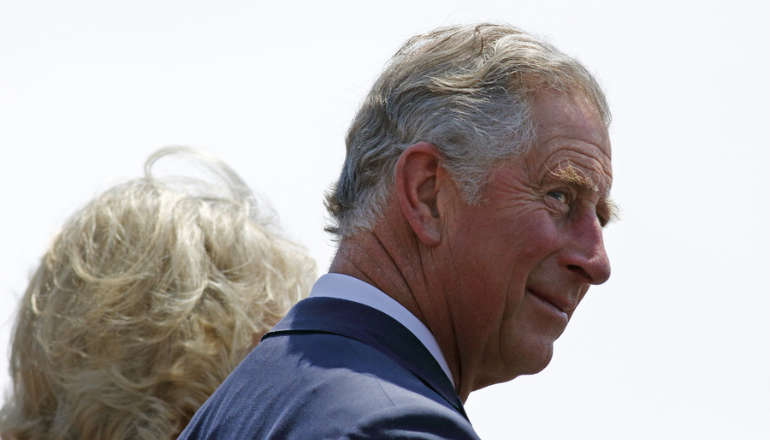
At the moment of his mother's death Charles immediately became the new monarch and King of the United Kingdom and 14 commonwealth realms.
Over centuries the role of constitutional monarch has evolved, from signing official papers, hosting state visits, opening parliament and handing out honours; a series of customs, legal precedent and tradition dictate what is expected of our sovereign.
For Charles, the job remains the same, but will he follow in the mould of his mother or will a change of personality bring a different type of reign?
We have been able to get to know the new head of state in a way that simply wasn't possible with his mother.
Princess Elizabeth was only 25 when she became Queen, Charles is now in his 70s and becomes King at a time when most people would retire.
King Charles III to address nation this evening
The King has left Balmoral en route to Aberdeen airport where he will fly to London.
He left in a car with Camilla, the Queen Consort.
The King was sat in the back seat of the car.
He will address the nation in a pre-recorded speech at around 6pm tonight (Friday).
Both BBC and ITV have cleared their schedules for to dedicate all of today's programming to coverage of The Queen's death and the many tributes that have been paid so far.
This morning, Buckingham Palace stated it is The King's wish that a period of Royal Mourning be observed from now until seven days after the Queen's funeral, with the date to be announced shortly.
Floral tributes to be laid at Newport's Church Litten
Local dignitaries pay tribute to her Majesty the Queen
Additional content for this article courtesy of Sky News.

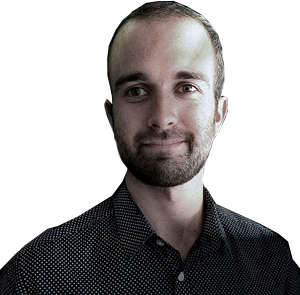
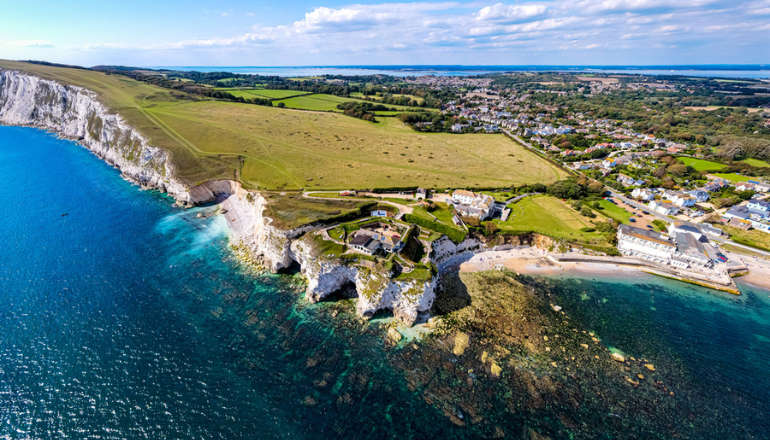 Five-Year Isle Of Wight Area Of Outstanding Natural Beauty Plan Unanimously Approved
Five-Year Isle Of Wight Area Of Outstanding Natural Beauty Plan Unanimously Approved
 More Islanders Cross The Solent With Wightlink’s Discounted Fares For NHS Appointments
More Islanders Cross The Solent With Wightlink’s Discounted Fares For NHS Appointments
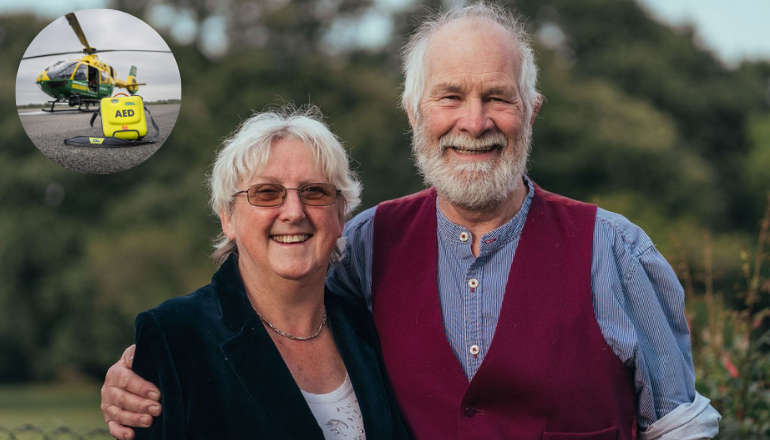 Hampshire And Isle Of Wight Air Ambulance Funds Defibrillators For The Community
Hampshire And Isle Of Wight Air Ambulance Funds Defibrillators For The Community
 Isle Of Wight Council Budget Pressures Likely To Continue Following Autumn Statement
Isle Of Wight Council Budget Pressures Likely To Continue Following Autumn Statement
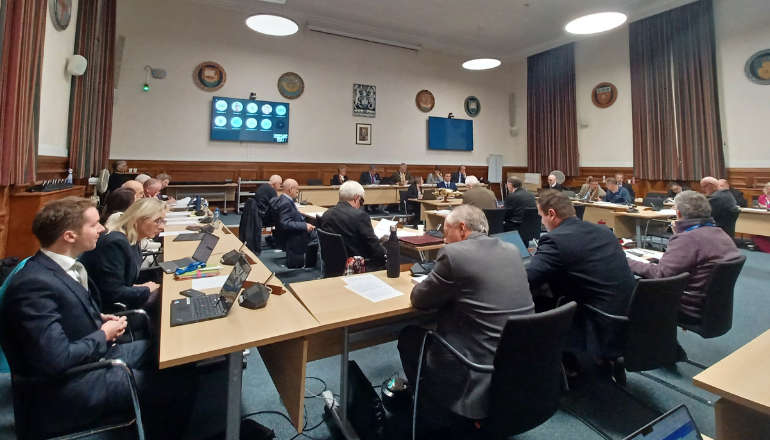 Council Approves Support Package To Help Islanders On Low Incomes
Council Approves Support Package To Help Islanders On Low Incomes
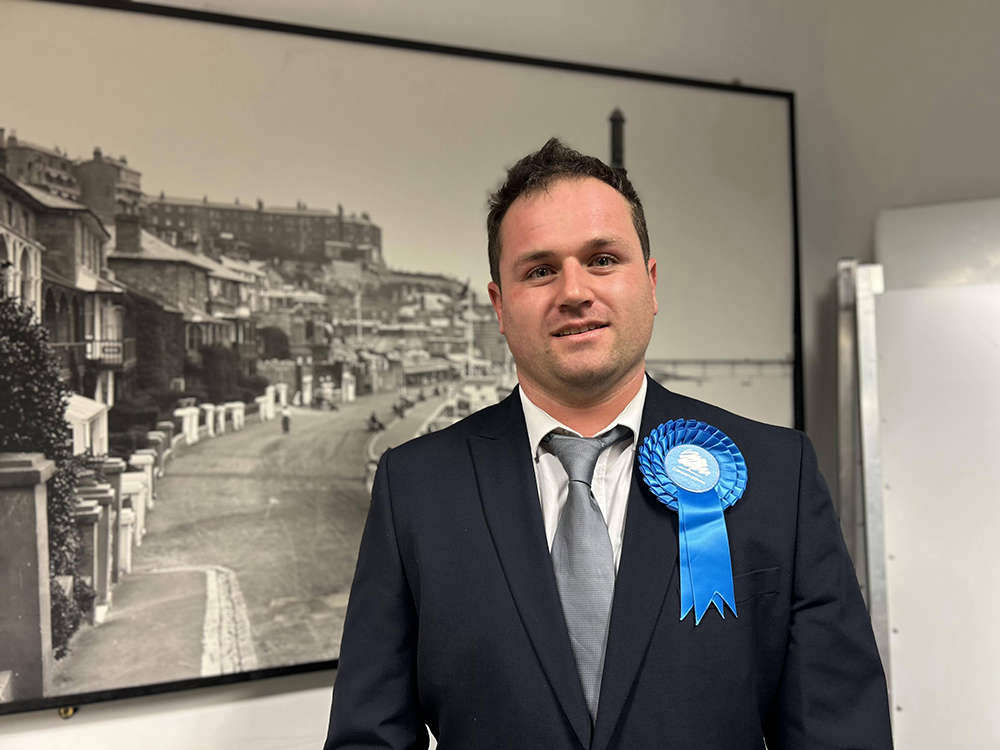 Isle Of Wight Councillor In Mental Health Priority Motion
Isle Of Wight Councillor In Mental Health Priority Motion
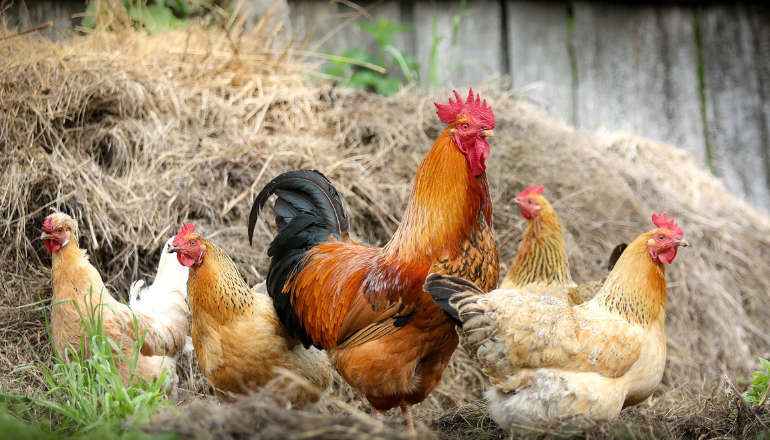 Bird Keepers Urged To Remain Vigilant Following Increased Avian Influenza Risk
Bird Keepers Urged To Remain Vigilant Following Increased Avian Influenza Risk
 Island Pupils Receive Lesson In Road Safety That Could Save Lives
Island Pupils Receive Lesson In Road Safety That Could Save Lives
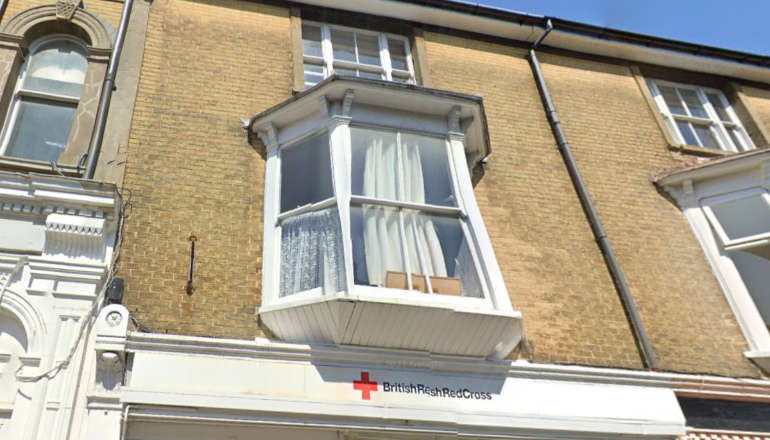 New Shanklin Flats Given Green Light
New Shanklin Flats Given Green Light
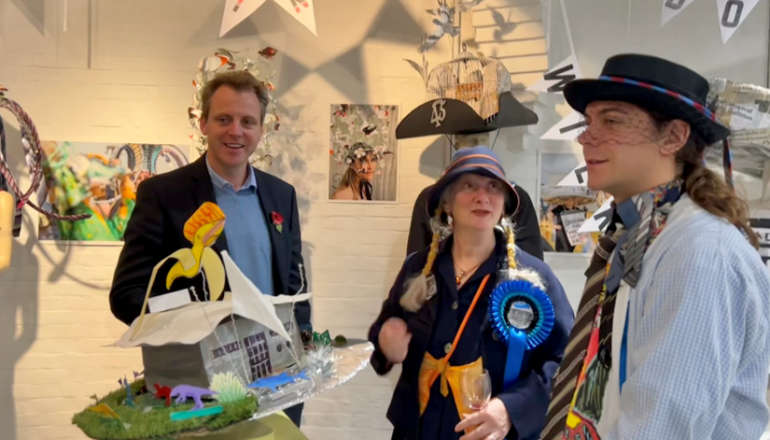 Joe Robertson Appointed Parliamentary Private Secretary For Shadow Culture, Media And Sport
Joe Robertson Appointed Parliamentary Private Secretary For Shadow Culture, Media And Sport
 Shanklin Company Making Nuclear Waste Sorting Safer, Greener And Cheaper
Shanklin Company Making Nuclear Waste Sorting Safer, Greener And Cheaper
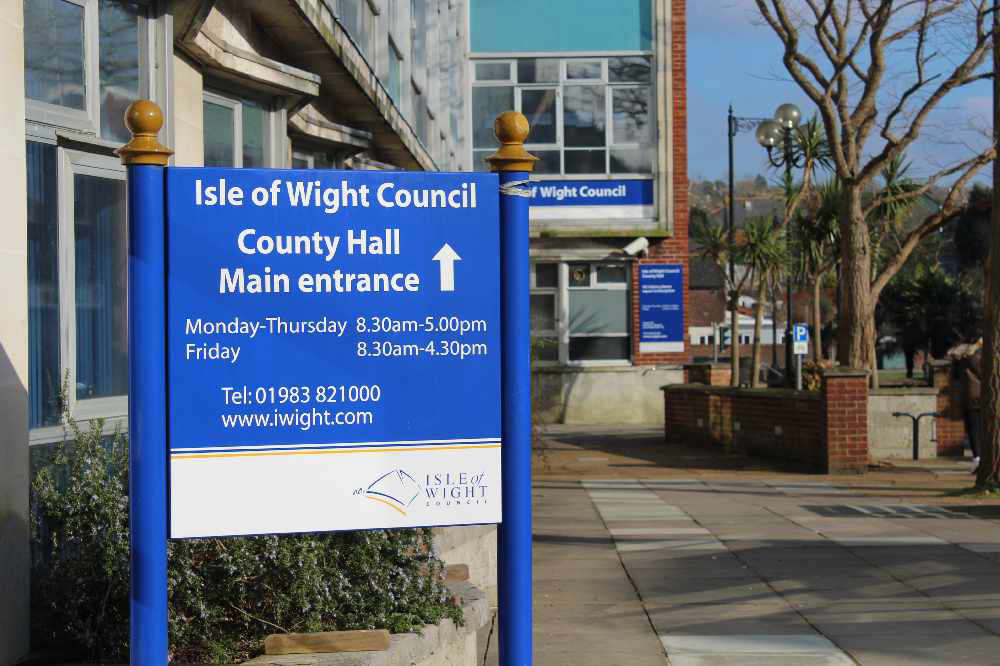 Five-Year Isle Of Wight Landscape Plan Decision On Horizon
Five-Year Isle Of Wight Landscape Plan Decision On Horizon
 Help Sought For Isle Of Wight's Struggling Small Businesses
Help Sought For Isle Of Wight's Struggling Small Businesses
 Primary School Admissions For September 2025 Now Open
Primary School Admissions For September 2025 Now Open
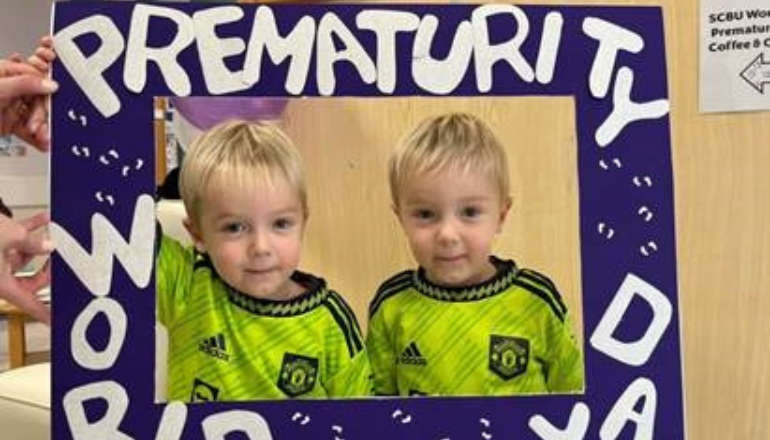 Island Families Invited To Take Tour Of St Mary's Special Care Baby Unit
Island Families Invited To Take Tour Of St Mary's Special Care Baby Unit
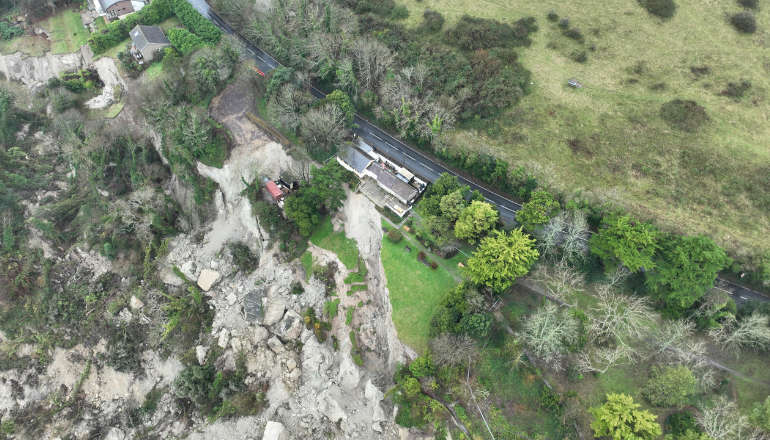 Work To Sink Three Boreholes At Leeson Road Due To Finish This Week
Work To Sink Three Boreholes At Leeson Road Due To Finish This Week
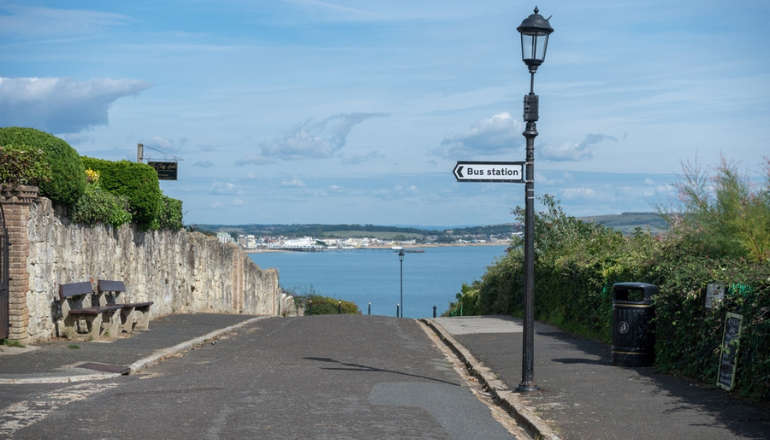 Emergency Works Underway To Repair Shanklin Culvert And Prevent Flooding
Emergency Works Underway To Repair Shanklin Culvert And Prevent Flooding
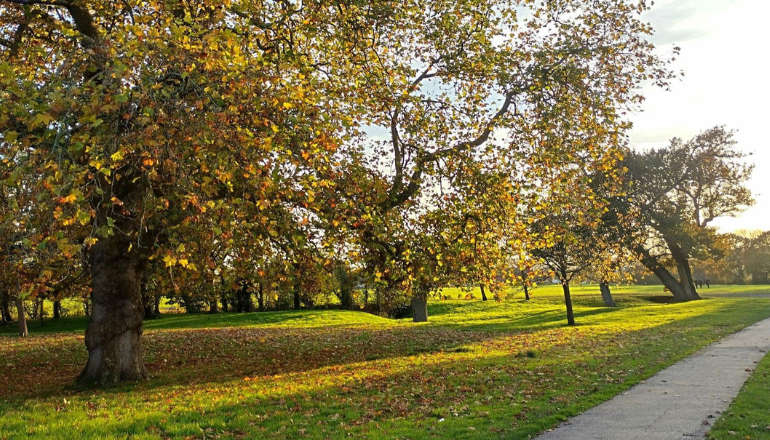 New Strategy For Tree Care On Isle Of Wight
New Strategy For Tree Care On Isle Of Wight
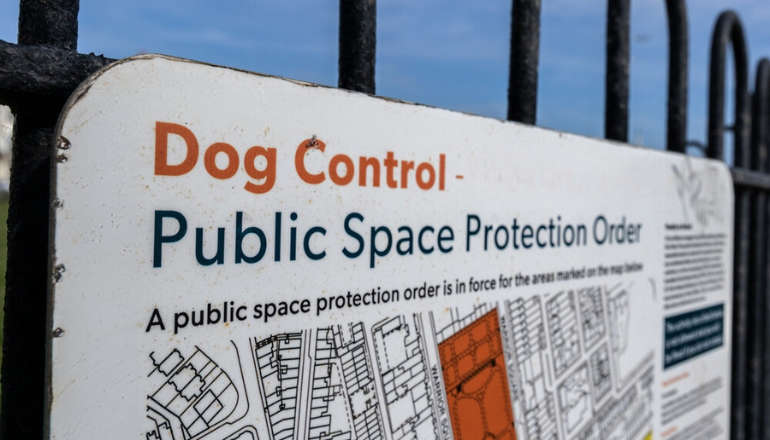 Public Spaces Protection Orders To Be Reinstated Across The Island
Public Spaces Protection Orders To Be Reinstated Across The Island
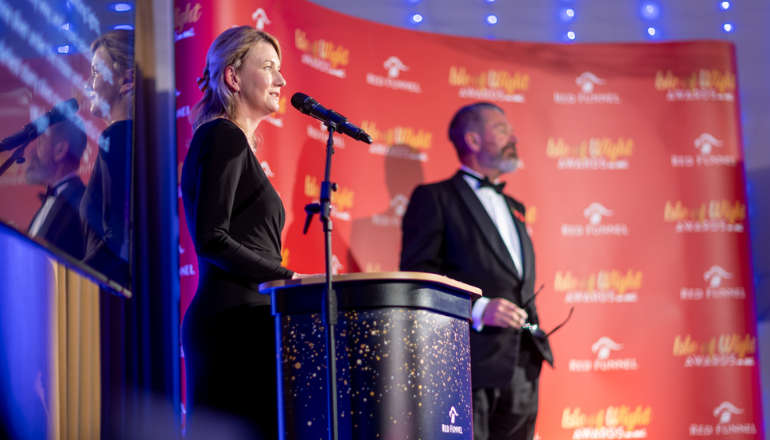 Who Is Your Island Tourism Hero? Red Funnel's Isle Of Wight Award Nominations Open For 2025
Who Is Your Island Tourism Hero? Red Funnel's Isle Of Wight Award Nominations Open For 2025


